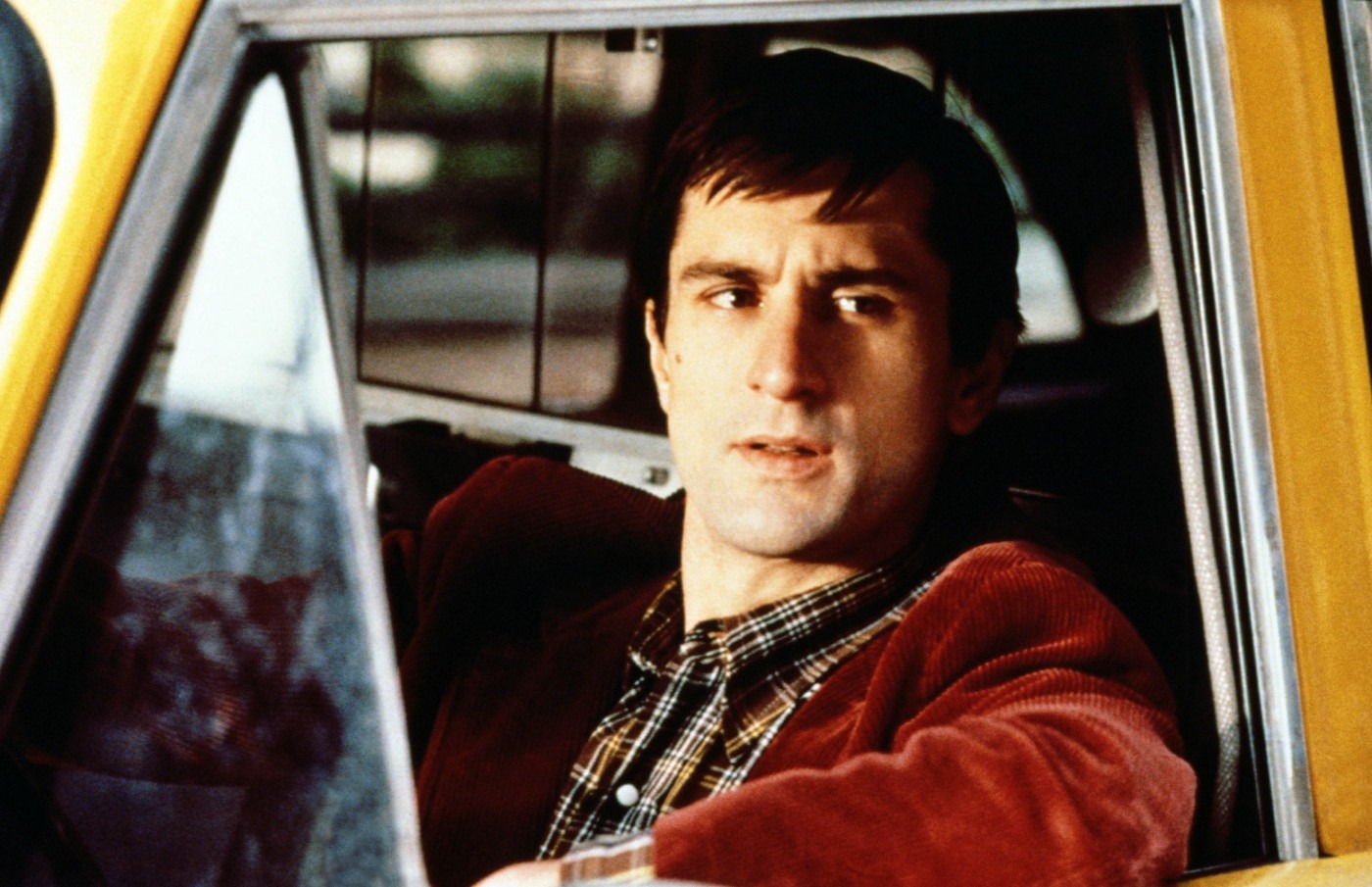Five watershed films from the 1970s
The 1970s was a tumultuous decade. The Vietnam War ended, Britain had a female Prime Minister for the first time, The Beatles broke up, abortion was legalised in America. It was a time brimming with change, and film, acting as a reflection of society as it so often does, was no different. Despite being a near-impossible task due to the remarkable influx of films released in such a memorable and revolutionary decade, these are just five trailblazing pictures out of the dozens that define the 1970s.
The Godfather (1972) dir. Francis Ford Coppola
The perfection of ‘the gangster’ film. A timeless epic that captures a New York in the 1940s and 1950s with such texture and detail that it is impossible to not be caught up in the gorgeous, brown hues that so often surround the Corleone family. The patriarch of which is Marlon Brando’s iconic Vito, but the film centres around son Michael (a beautifully restrained performance by Al Pacino), who is initially reluctant to adopt his family’s background in crime, before it becomes an offer he can’t refuse. It is simply a film that had to make this list, but Coppola did have a sensational decade, with either The Godfather: Part II or Apocalypse Now also deserving of a place here. The Godfather covers everything: family dynamics, war, police brutality, cultural divides, first loves, religion, violence and of course: The American Dream, immortalised by the film’s unforgettable opening line: “I believe in America”.
Jaws (1975) dir. Steven Spielberg
When John Williams composed that eternal score with those two stabbing notes, the blockbuster would never be the same again. Of course, one of cinema’s all-time great directors Steven Spielberg might have something to do with it too. The small town of Amity becomes the target of a Great White Shark named ‘Bruce’ (or perhaps vice-versa) as Spielberg perfects tactile, suspenseful filmmaking all whilst implicitly reacting to the Watergate scandal and tackling man’s perpetual battle with nature, thus cementing Jaws’ legacy as an all-American classic. Oh, to be sitting in a theatre in the summer of 75’, watching Roy Scheider and the gang take down Bruce.
Jeanne Dielman, 23 Commerce Quay, 1080 Bruxelles (1975) dir. Chantal Akerman
Recently overtaking the likes of Citizen Kane and Vertigo to place no.1 in Sight and Sound’s Greatest Films of All Time’s Critics’ recent poll, Akerman’s sprawling venture into the minutiae of a middle-aged widow’s everyday routine is a mesmerising treat for the senses. Just over three hours and twenty minutes long, Jeanne Dielman commands a big-screen experience as it almost acts as an optical illusion at times; painstaking deliberation captured on lush celluloid where the eye is trained to follow Jeanne’s every mannerism, until the tiniest subversion to the norm becomes disturbing and alien. It is as important politically as it is formally: domestic, feminized spaces shot by Akerman’s observational, documentarian lens renders Jeanne Dielman as a film more than just long take after long take, but a feminist rebuttal to dominant ideologies. This Belgian gem has inspired contemporary directors such as Gus Van Sant and Celine Sciamma, and it is a blessing that it now receives wider exposure than it did when it was first released.
Taxi Driver (1976) dir. Martin Scorsese
Cinema is indebted to Martin Scorsese for his contributions to art, and his Taxi Driver remains a masterful tapestry of potent masculinity, gun violence and post-Vietnam anxieties infesting the grimy New York. “Someday a real rain will come and wash all this scum off the streets”, rambles insomniac loner Travis Bickle, shot through thick layers of neon and smoke as he glares out of his window: judging, observing, projecting. It is a film that lends itself to the ideas developed in the ‘New Hollywood’ of the late 1960s and early 1970s, especially regarding the deliciously open ending and morally ambiguous protagonist. The meticulous character study that is bolstered by De Niro’s method acting renders Taxi Driver a film relevant to this day both in terms of its politics and its formal qualities.
Halloween (1978) dir. John Carpenter
Choosing an essential horror for this list proved very difficult, and despite almost picking The Exorcist, I have chosen John Carpenter’s Halloween, the ultimate slasher. With yet another Halloween iteration releasing in 2022 to unfavourable reviews, Carpenter’s resourcefulness in the low-budget, but remarkably high-grossing 1978 classic seems more impressive now more than ever. Jamie Lee Curtis’ Laurie Strode helped realise the ‘final girl’ trope of the slasher whilst non-responsive talisman of horror Michael Myers was unleashed on Haddonfield for the first time, personifying the paranoia and violence that back-ended the 70s and becoming a terrifying face integrated in both horror history and popular culture forever.

Comments